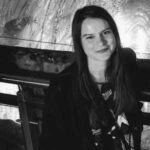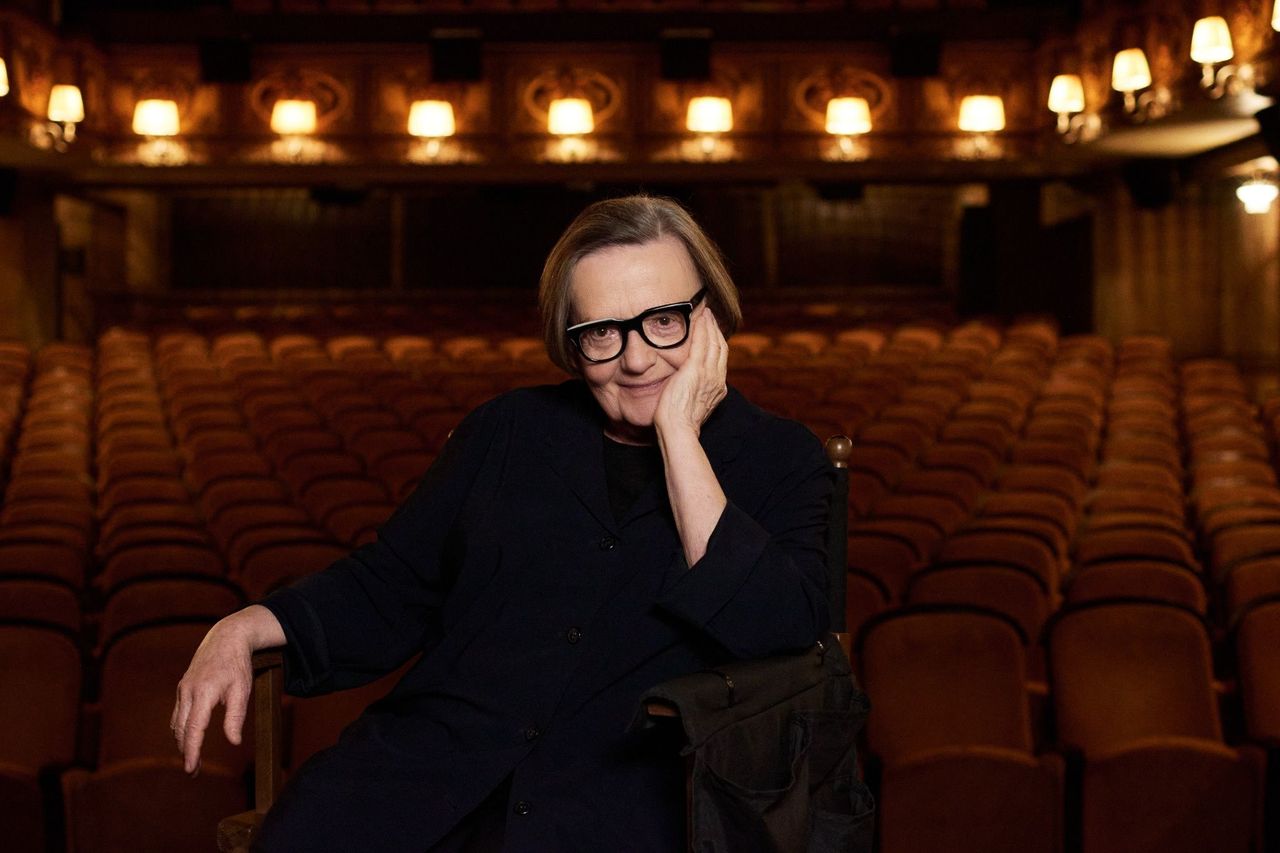“Nothing Is Final With Kafka”: Agnieszka Holland on ‘Franz’ and Rehumanising a Legend
.
VERDICT: Polish director Agnieszka Holland discusses 'Franz', her “punky” Toronto-bowing take on the novelist Kafka.
The surreal writings of Prague-born novelist Franz Kafka have so captured the public imagination for more than a century that the word “kafkaesque” is now in common usage for describing nightmarish, bureaucratic oppression. Acclaimed Polish director Agnieszka Holland and screenwriter Marek Epstein were all too aware of the weight of familiarity and associations around the literary great when preparing biopic Franz, an unconventional mosaic that has its world premiere this week at the Toronto International Film Festival, before screening later this month in San Sebastian.
“We had the feeling that he is too well known, that he had changed into some kind of a brand and there were so many words, interpretations, and biographical facts about him, that the fragile existence of that human being had somehow disappeared under that pile of information, facts and kitsch,” Holland told The Film Verdict in an interview ahead of the premiere. “I felt such a strong connection to Kafka since practically my late childhood that I had the pretentious assumption that I somehow understood him better, even if it was more through intuition than literary analysis, and it was exciting to try to find the cinematic key to tell this biography, which we knew from the beginning could not be told in the regular, classical, biopic, linear way.”
“What is characteristic with Kafka’s vision is that when you think that you have the key, after you try to re-use it, it doesn’t open. So it is very dynamic, which is also why it’s alive. There is not a final interpretation that can be put on the shelf. Nothing is final with Kafka,” Holland said. “My collaborators and I wanted to have that playfulness which is in opposition to the stereotypical vision of Kafka that is dark, gloomy, and slow, which I think is not true, it is just a stereotype. We talked about the structure being a little like in quantum physics, with time and space not obvious and linear, and that it will be a bit punky, not serious and sad.”
A sprawling, idiosyncratic merging of levels of reality, Franz shifts back and forth between Franz’s life growing up in troubled central Europe on the verge of World War I, balancing an insurance job with a passion for the written word, and present-day Prague, where he is one of the most popular faces on souvenirs, and the tour guides profit from his name.
Holland, who studied film in Czechoslovakia in the Communist era, and previously adapted Kafka’s The Trial for Polish television in the ‘80s, said she was struck by the commercialisation of Kafka when visiting Prague after the Velvet Revolution. “During Communist times Kafka was practically censored, and was considered as a bourgeois, degenerate writer. When freedom came, and with it capitalism, Czechs realised that he is a great tourist attraction, and made everything possible out of him: monuments, a museum, and millions of gadgets.”
A confronting torture scene from Kafka’s story “In the Penal Colony”, about an elaborate execution device, is also visually represented and woven into Franz. “Most of his life, apart from some banal quarrels, was quite uneventful; what was radical was what was on the page,” said Holland. ‘In the Penal Colony’ was shocking for his contemporaries, and we wanted to achieve a similar kind of reaction. That story was extremely important for Kafka’s huge recognition after the Second World War, because he was considered suddenly as some kind of prophet, who anticipated the Holocaust.”
Holland had been thinking it was “practically impossible” to find an actor to convincingly embody Kafka, a singular personality with a complicated identity as a German-speaking Czech Jew, until newcomer Idan Weiss appeared in the first batch of actors sent by late casting director Simone Barr. “It was great luck, especially because it had just been the hundredth anniversary of Kafka’s death, and the directors of a mini-series and a feature had both cast German actors to play Kafka and they didn’t notice Idan. He was just waiting for me. My mentor, the great Polish director Andrzej Wajda, said that you recognise a good director if he has luck with the weather and the casting — so I think I am a good director.”
The resurgence of authoritarianism has made Kafka all too relevant again, Holland said. “Unfortunately we are now approaching a time of hatred and anti-human legislation that somehow recalls the late ‘30s of the twentieth century. We are living through a very deep crisis of liberal democracy and the state of law is a very important part of democracy, but that mechanism of the law has become very arbitrary and dehumanised, and that is the first step towards a total catastrophe. Kafka was extremely sensitive to that, and very visionary I would say, in recognising the dangers of developed capitalism.”
Asked whether she is optimistic for Europe’s future, Holland said: “It needs a lot of courage to be optimistic, frankly. Elements are adding one to another and pushing us on a very dangerous path, and I think that the effect of the many revolutions that are going on — the technological revolution, the climate catastrophe, globalisation, inequalities which are growing, and so on — is that something has to explode or change. What it will be we don’t know; it is very possible it will be some outburst of incredible violence. We see that humanity doesn’t have the tools or doesn’t want to use the tools. We have to deal with the challenges and dangers, and the idea that populism is the only way is so dangerous long-term. The only optimism I have is that after the boom-boom, something new will be born, and there will be for another period some kind of progress for humanity.”


